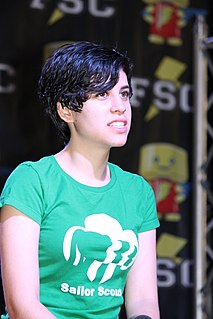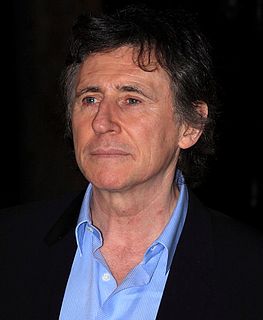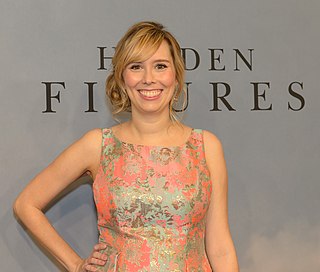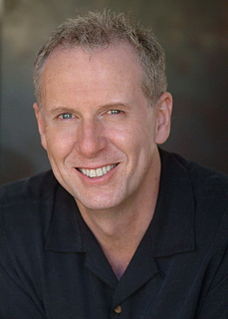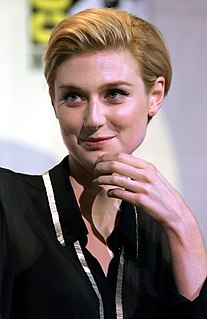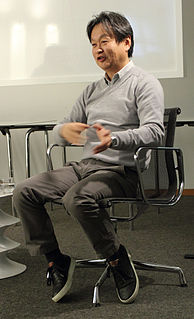A Quote by Ruth Bradley
All too often, female characters, in particular, aren't multi-layered enough.
Quote Topics
Related Quotes
None of the male characters are as powerful or as interesting as the four central female characters. The men work best as representations of the current stage of a particular female’s psyche. The men function as catalysts, and are certainly important to the development of the story, but the relationships are not the goal. I do not see romance as being what’s central to the success of PRETTY LITTLE LIARS.
I think part of the pressure put on 'strong female characters' comes from the fact that there is so often 'the team girl,' who must be all things to all people. Part of avoiding that is having as many female characters as I can, and allowing them to thrive in their own right, not inside a framework they didn't ask for and don't want.
I'm very conditioned by my surroundings, by the influences of social media, by the television I watch. And I always found, growing up, that even inspiring female characters or complex female characters in television and film, I often found that their complexity was actually just another facet of their sexuality.
People often ask me if I feel discriminated against as a black female director. I don't. I'm actually offered a ton of stuff. But I only want to direct what I write. And I prefer to focus on black female characters. What's most important to me is to put characters up onscreen who are not perfect, but who are human and flawed.
Here are examples of real women who have done real things: good, bad, and in between. We're expanding not just the definition of the female or feminine hero, but also villains and more complex, nuanced female characters. Too often I hear men say, "I don't know how to write women." Here you go, here are five incredible women you can use to inspire your own stories.


